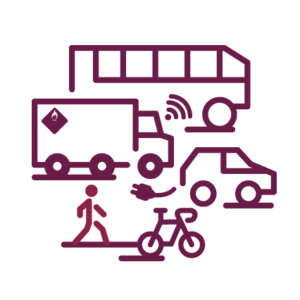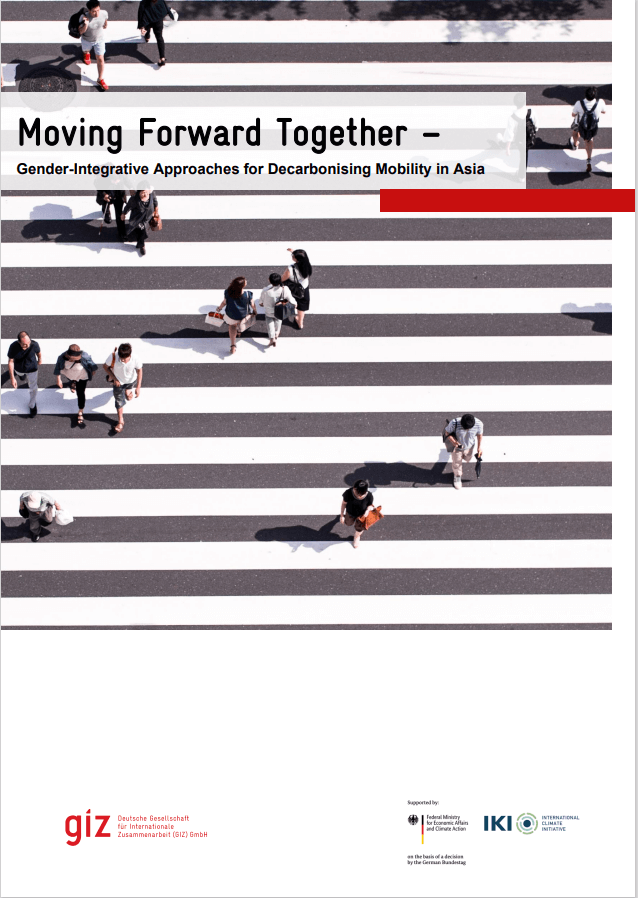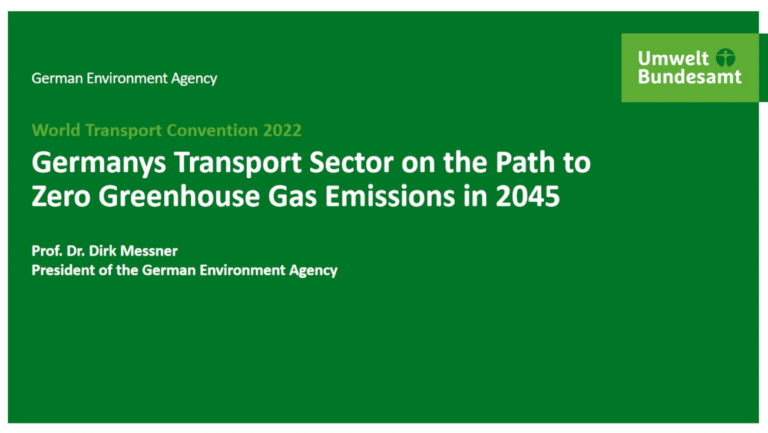Author: Ms Chenzi Yiyang
The advancements in information and communication technologies (ICT) have unlocked new opportunities for innovative urban mobility services. Smartphone-based Mobility-on-Demand (MoD) services such as ride-hailing, dockless bike-sharing or car-sharing have exploded in China on a scale that is incomparable to any other country. For example, in 2019, the number of average ride-hailing orders in China was over 21 million per day and there were about 400 million registered shared bike users. However, survey data shows that MoD services such as ride-hailing not only decrease the usage of traditional taxi services but also public transport, which potentially leads to more congestion, air pollution and higher carbon emissions[1].
Mobility-as-a-Service (MaaS) is a model that integrates multiple forms of transport into an online platform where travellers can book customized and end-to-end mobility services. With the potential to combine the advantages of MoD services and public transport, MaaS has the potential to provide green, safe, efficient, and inclusive mobilities[2].
In China, MaaS is considered an important element to increase transport system efficiency, reduce the number of individual motorized trips and eventually to achieve lowering emissions in the country’s transport sector in order to achieve the set 2030 carbon dioxide emission peaking and 2060 carbon neutrality goals.
With the aim to systematically analyze the status of MoD development in China and layout the institutional foundations for the creation of a sustainable and climate-friendly MaaS ecosystem, the Sino-German Cooperation on Low Carbon Transport (CLCT) project of the Deutsche Gesellschaft für Internationale Zusammenarbeit (GIZ) GmbH and the China Academy of Transportation Sciences (CATS) of the Ministry of Transport of the People’s Republic of China (MoT) conducted the study “From ‘Mobility-on-demand’ to ‘Mobility-as-a Service’: Promoting China’s Transition Towards Sustainable Transport Integration” from 2020 to 2022.
The study first analyzes the definition and global practices of MaaS. Then it depicts the current landscape, stakeholders, and barriers to China’s MoD services. With field investigations in Beijing, the Guangdong-Hongkong-Macau Greater Bay Area, Shenzhen, Guangzhou, and Foshan, local trails of MaaS cases in China were made. Based on the assessment of key components of MaaS, the study provided policy recommendations for the further integration of MoD and the development of a Chinese MaaS ecosystem to the MoT.
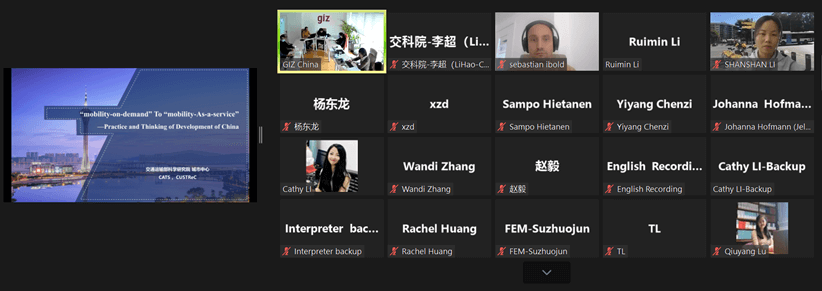
On April 1, 2022, the final workshop of the study was held. MoD services and MaaS practitioners and experts from MaaS Global, Berlin Transport Company[ISGC1] (BVG AöR), Guangzhou Yangchengtong Co., Ltd, AMAP, Beijing Municipal Smart Transport Development Center, Tsinghua University, and Institute for Transportation and Development Policy (ITDP) shared their experiences and insights with the more than 40 participants.
Mr Sampo HIETANEN, Founder and CEO of MaaS Global, presented Whim’s practices in multimodality integration and its business model. Based on its user survey, around 24% of Whim users believe that Whim helped them avoid owning a car. Mr Zhao YI from AMAP talked about the Beijing MaaS + Carbon Trading Initiative[ISGC2]. The Beijing MaaS platform was built in AMAP, a trip planning app, where combined trip planning of all modes of transport is provided with real-time information such as the crowdedness of the public transit system, arrival information of buses, arrival reminder, etc. While using AMAP to plan trips, the carbon emission reduction of every “green trip” which selects public transit, cycling, and walking is calculated. The saved carbon emission is then traded by AMAP in China’s newly established carbon trading market in 2021. Ms Johanna HOFMANN from BVG AöR shared Jelbi’s story about the successful integration of MoD services as a public transport company and its innovative Mobility Stations where all mobility options are bundled in one area, usually at the train station or in neighbourhoods.

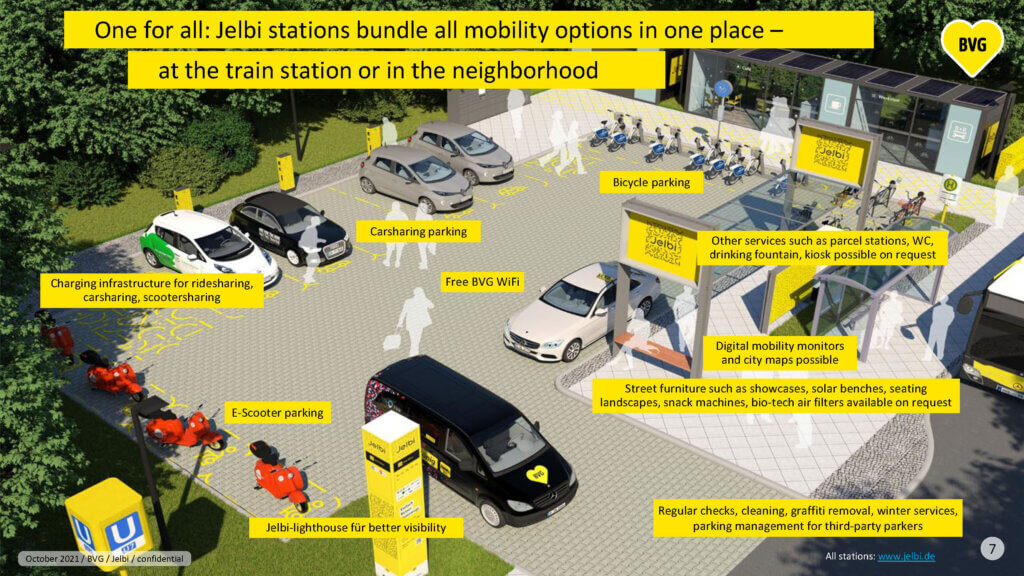
Participants exchanged views on the challenges and solutions in developing a sustainable MaaS ecosystem in China. The comprehensive integration with shared data, clear division of responsibilities, and profit-sharing mechanisms among various public and private transport services providers remain the key challenge. At the policy level, national guidance on using MaaS as a tool to promote public transport is needed. A comprehensive legal and regulatory framework that defines the role and profit-sharing mechanisms of MaaS stakeholders, as well as their data ownership and sharing structure, would not only help to stabilize market expectations but also increase the attractiveness for MoD services providers. At the city level, a MaaS governance system consisting of transport, police, housing, natural resources, and finance authorities is called for. The strong policy and regulatory system would lay the foundation for the exploration of a potential business model for MaaS in China.
Achieving a highly integrated, green, and efficient MaaS system, would not be an easy task. But we are not alone. With the ongoing Chinese and international pilots of MaaS, exchanges and learning from innovative solutions, best practices, and mistakes would be essential. GIZ will continue to work with Chinese and international stakeholders in facilitating exchanges and exploring the potential paths leading to MaaS. The final study report will soon be made available.
[1] Data provided by the China Academy of Transport Sciences of the People’s Republic of China (MoT)
[2] Source: Sustainable Mobility for All 2019 Annual Report
https://www.sum4all.org/publications/2019-annual-report


